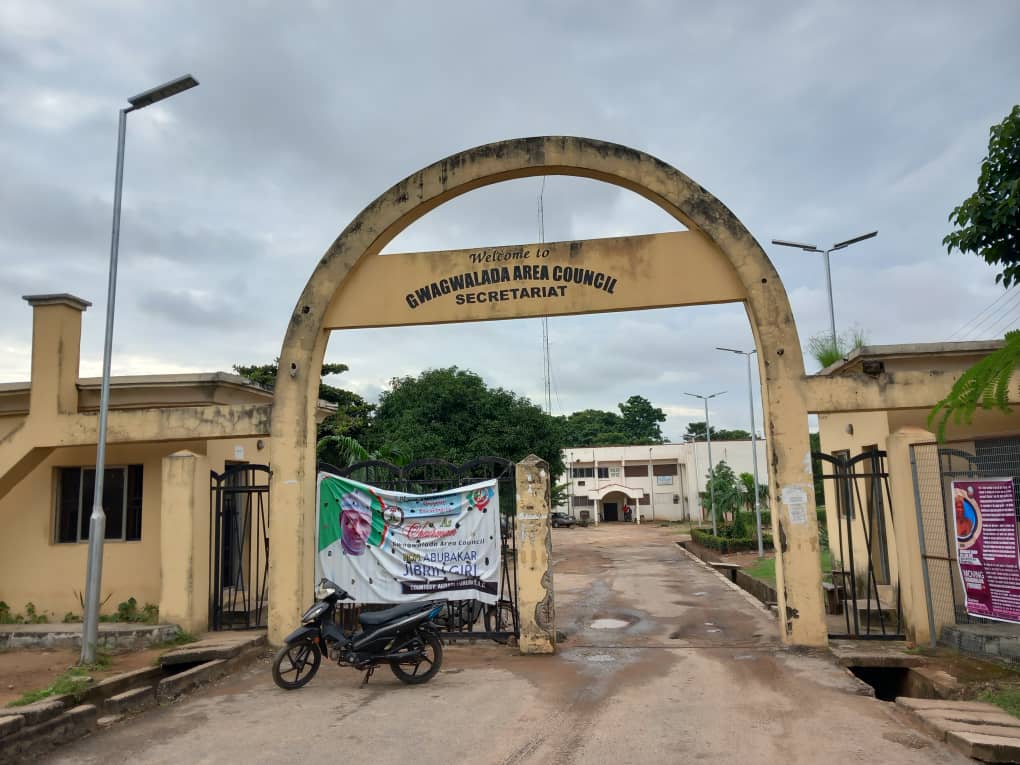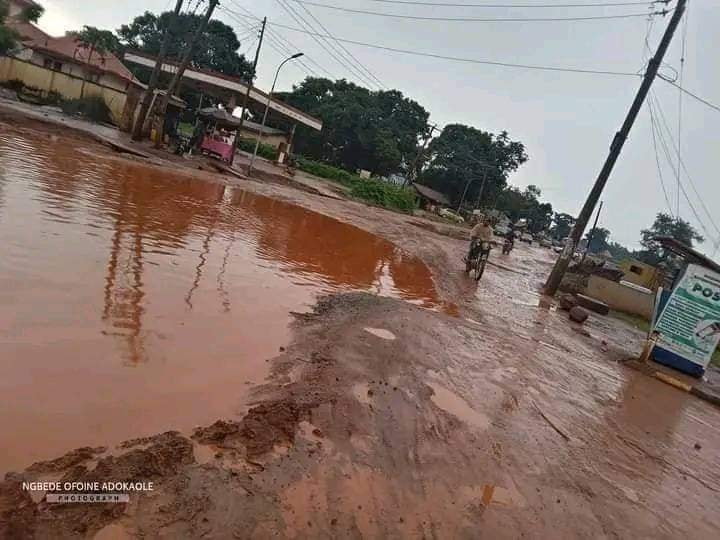
Since the creation of Abuja, as Nigeria’s Capital City in 1976, it has grown tremendously in all dimensions, including road infrastructure. Yet, most of its satellite towns appear to have been left behind in terms of road infrastructure.
The city is divided into six area councils, namely, Abuja Municipal Area Council (AMAC), Gwagwalada, Abaji, Kuje, Bwari and Kwali. There are also areas designated as satellite towns. These include Kusaki/Yanga, Kuje, Rubochi, Anagada, Dobi, Gwagwalada, Zuba, Dei-Dei, Karshi, Gosa, Karu, Nyanya, Kubwa, Bwari, Abaji, Kwali. The six area councils are linked to one another by a road network that has been crying for maintenance as the population in the settlements keeps growing by the day.
The satellite town accommodates more people than the city centre. Yet, the roads are mostly in a deplorable state. The terrible state of the road in suburbs within most of these area councils has claimed many lives, made kidnapping an easy task, affecting business activities and has also stalled developments in the satellite towns.
While the people continue to wail over the deplorable state of the road in these area councils, despite the number of people who reside there, the government seems not bothered, as it continues to focus more on the city centre.

Gwagwalada residents’ lamentations
Gwagwalada area council covers an area of 1,043 km2 and a population of 157,770 at the 2006 Census.
A resident, Suleiman Ibrahim Barde, noted that most of the internal roads are not motorable because they have been abandoned by government’s contractors.
He told this reporter that, “Actually, most roads in Gwagwalada area council are in bad shape. Though most of the road is under construction, construction work moves at a very slow pace and they don’t work during the dry season, but you will see them on-site during the rainy season.
“Like during this year’s dry season, we have been praying that when rain stopped, either the FCDA, Gwagwalada area council or Satellite Town Development Agency will work on the abandoned road projects, but you will not see any of them now until May then they will appear and create more problems on our roads.”
Barde added that, “Many roads in Gwagwalada are in bad shape; they are Radio House Market Road, Jeremiah Useni road, Polaris Bank – Abalaka Road, Park Road Roundabout road among others.
“The terrible state of our roads in Gwagwalada is affecting the lives of people living in the council. Aside from making it a difficult task to access the city centre for our daily businesses, it also affects their social and economic lives.
“We have witnessed many occasions when the FCDA came to clear the bush, with an impression that toads will be constructed within a short period. But, in most cases, such roads are usually abandoned.
“I appeal to FCDA to come to the side of the residents of Gwagwalada area council, they should know that the area council is one of the largest and without good roads there be no meaningful development.
“They usually concentrate more on the city centre forgetting the area councils. They should remember that over 70% of people who work in the city centre reside in the area council, especially Gwagwalada and without this road development will be very slow. We appeal that the FCDA should come to our rescue by constructing new roads and rehabilitating the bad roads.
“To open up Federal Capital Territory and bring all-inclusive development. I also want to appeal that the FCT minister should concentrate more on the six area councils where most people reside.”
Minister’s assurances
In a reaction, the Federal Capital Territory (FCT) Minister of State, Dr. Ramatu Aliyu, acknowledged that some roads in the six area councils were not in good shape and promised to continue to work to improve them.
She admitted further that there were challenges and “as such there is room for improvement on the general state of the roads.”
The minister, who stated this in a phone interview through her special assistant on media, Austine Elemue, disclosed that numerous projects were on-going and that the ministry “will continue to work to put the roads in proper shape.”
“There are challenges, but there is room for improvement. We can not say all is well with the state of the roads in satellite towns and the six area councils, but then with the funds available, the Minister has promised to continue to work and improve the state of roads within our scope across the six area councils.
“Currently, the STDA can give you the list of numerous projects that are on-going in the six area councils. So the ministry is working.”
FCDA’s disclosures
Meanwhile, the Federal Capital Territory Administration (FCTA) has disclosed that 70% of the N612 million proposed for the Area Council Services Secretariat for the 2022 capital budget would be used for infrastructure development in the rural areas.
The mandate, Secretary Area Council Services Secretariat, Ibrahim Dantshoho, made this known during a familiarisation tour of Abaji area council, recently.
He said the Secretariat was looking at N2 billion, considering the need to boost development. According to him, the core mandate of the Secretariat “is to facilitate the developmental efforts at the area council’s level in conformity with the FCT standard of qualitative infrastructure development, empowering rural communities for better lives, and to institute a robust and supervisory framework to effectively reposition the area councils to the next level.”
(blueprint)